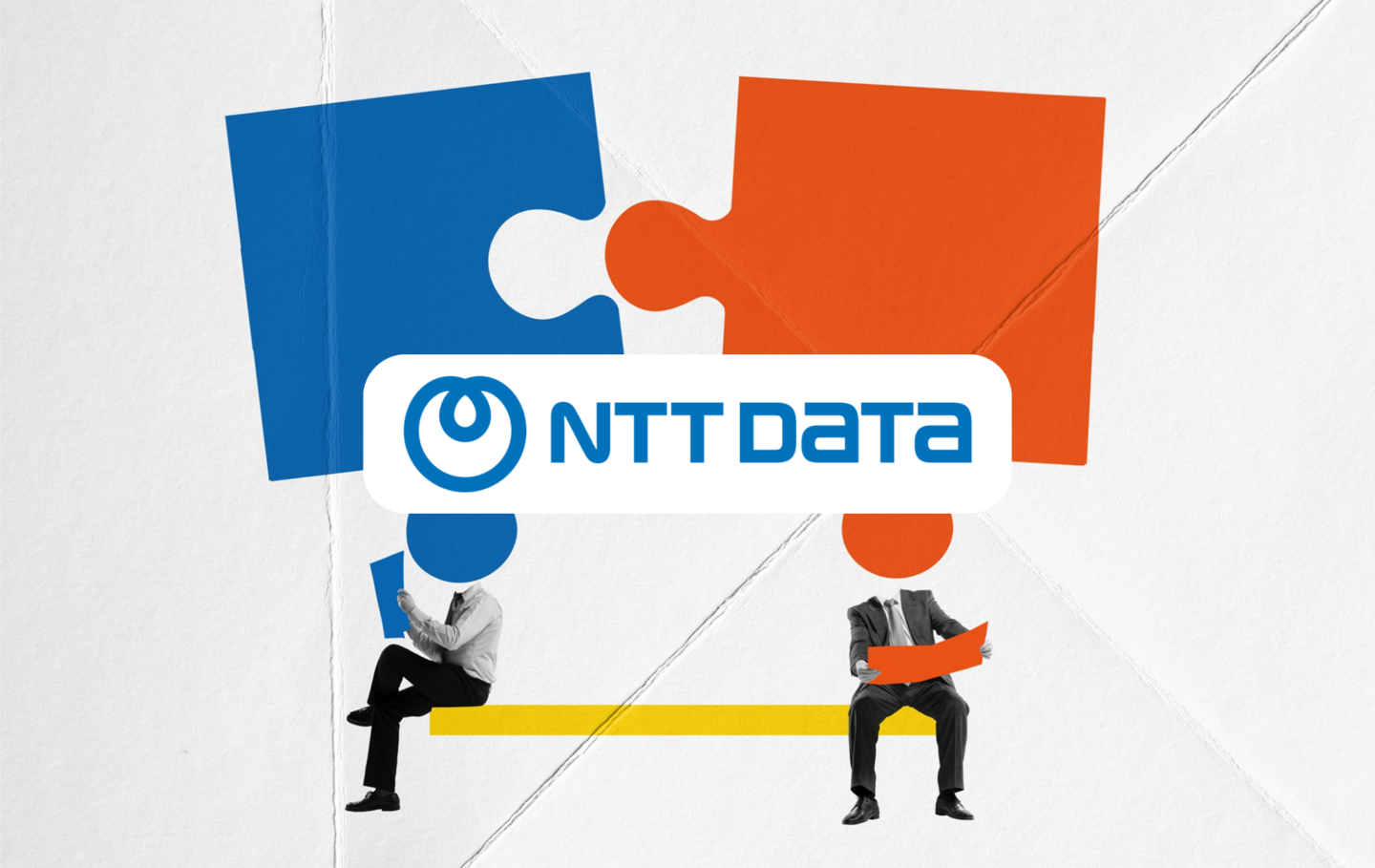In a landscape where 96% of executives see innovation as a primary driver of growth in the next two years, the reality paints a different picture, according to NTT DATA's 2023 Innovation Index. The study shows that only 21% of executives across diverse industries definitively met their innovation goals.
Innovation thrives on data, yet only 22% of organizations trust their own data. Almost half (46%) don't harness data for insights or decisions, with 72% not considering their data a strategic asset. The trust deficit in data poses a significant hurdle to innovation initiatives.
The report offers a deep dive into the strategies that set Innovators apart, providing insights for organizations aiming to navigate the innovation landscape effectively.
“A failure to achieve innovation goals leaves organizations at a disadvantage. When faced with big tech leaps like generative AI, most organizations are ill-prepared to handle or implement this or other technologies into existing infrastructure to reap the full benefits. What I think is most critical is the speed of adoption of these new technologies. Waiting is not an option. If you wait, you’ll be playing catch-up,” said Tanvir Khan, Chief Digital and Strategy Officer, NTT DATA Services.

What are the main challenges?
While innovation demands top-tier talent, the primary challenge for both innovation and data capabilities is a lack of employee skills, according to 88% of respondents. A notable 43% highlight the shortage of employees with essential data analysis skills as their top obstacle.
Technology forms the backbone of innovation, yet 86% of executives cite outdated technology. The outdated IT infrastructure proves to be a barrier to effective data utilization, delivering high-quality customer experiences, and providing exceptional employee experiences.
Customer experience is pivotal, but executives point to inefficiencies, resource limitations, rapidly changing customer demands, and outdated IT as the chief hindrances to their CX efforts.
The struggles in the organizational culture
Leadership, accountability, and cross-functional collaboration are critical for fostering a culture of innovation. However, 78% cite poor organizational culture as a hindrance, while 58% rate their organizational readiness in culture as "weak" or "mixed." As many as 40% report that their culture does not foster enriching employee experiences and talent retention.
The innovators
The study identifies a distinct group, the "Innovators" (11% of survey respondents), showcasing advanced maturity in innovation systems, infrastructure, leadership, culture, and digital customer experience. Innovators, with a more aggressive approach, believe in using new technology to create or disrupt markets for the most substantial impact.
For those who want to showcase innovation in their relevant areas, there is no better place to do that than at the US Customer Experience Awards (USCXA). If you are on the fence, here are five reasons why you should enter the awards and elevate your brand to new heights.









